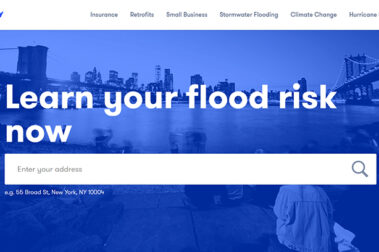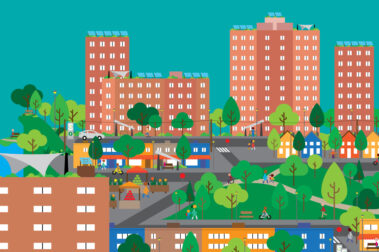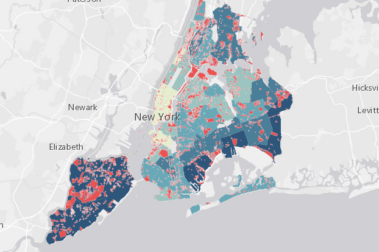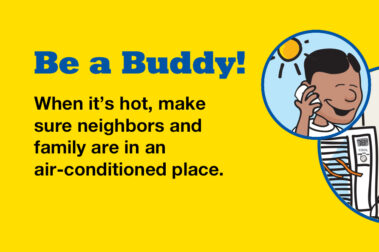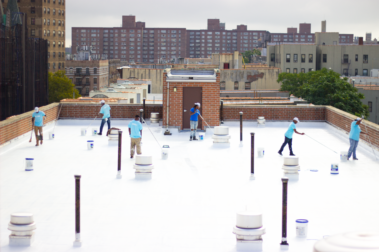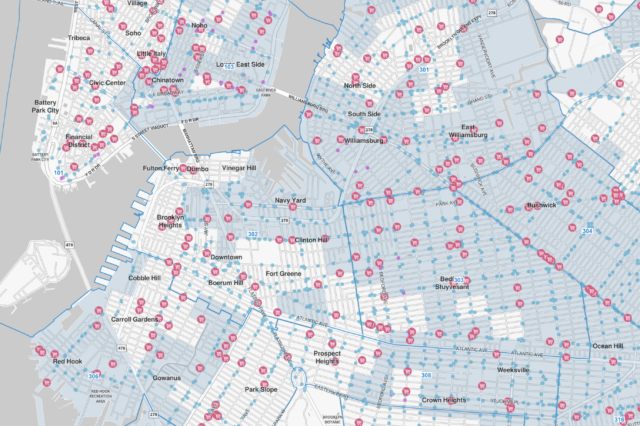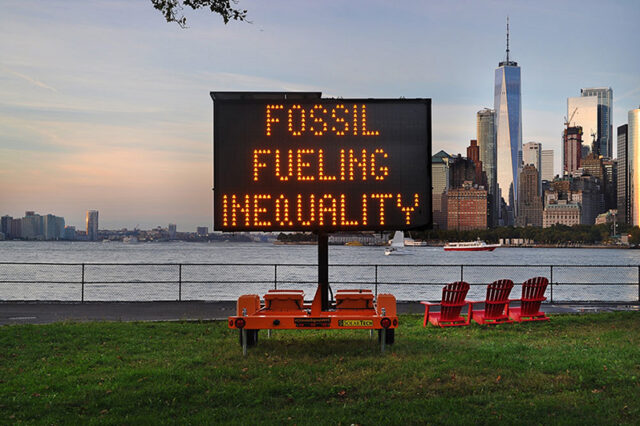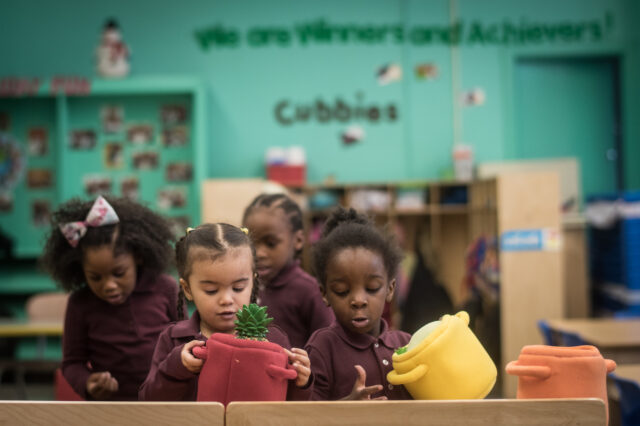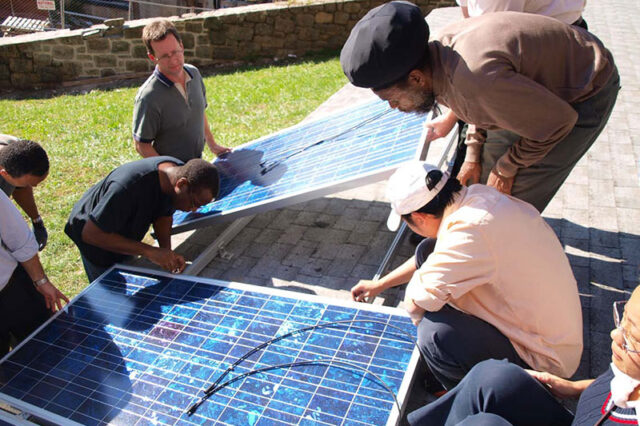Summary
Because of deep-rooted societal barriers, not every New Yorker experiences the consequences of climate change the same way. To ensure a more equitable future for all, the Mayor’s Office of Climate & Environmental Justice (MOCEJ) launched the CKE in 2020.
The engagement process began by identifying what City staff, nonprofit and community-based organizations, and scientists consider to be the biggest knowledge gaps preventing a just climate response. In the first year, MOCEJ engaged over 170 people from 27 non-governmental organizations and 21 city agencies in 25 small discussion groups. By analyzing those discussions and reviewing community plans and survey data, four key research focus areas were identified and outlined in the State of Climate Knowledge 2021 report.
In 2022, MOCEJ brought together many of those same participants, as well as new individuals from nonprofit and community organizations, academia, and government agencies, to refine the design of the engagement process to achieve the CKE’s broader objectives of collectively identifying climate research needs and working toward building capacity for just climate action. The State of Climate Knowledge 2022 Workshop Summary Report provides a synopsis of the outcomes of the three-workshop series.
In 2023-24, the CKE held 10 events with a total of over 630 attendees from member agencies and organizations. They covered vital and of-the-minute topics, including climate budgeting, flood insurance, community engagement, flood visualization technology, and more. Some resources from these events are available below.
As we address effects of climate change, all New Yorkers must be given a seat at the table. There is an enormous opportunity for communities, nonprofits, researchers, and government agencies to learn from one another through a program such as this. Moving forward, the aspiration is to maintain communication, act on the identified goals, and continue to expand the CKE through new stakeholder engagement.




